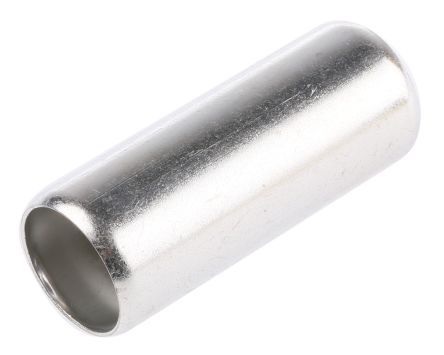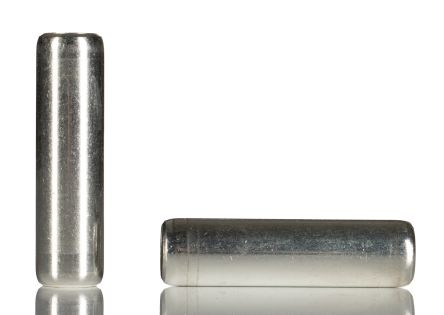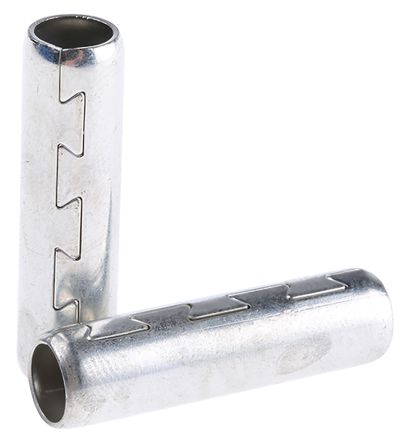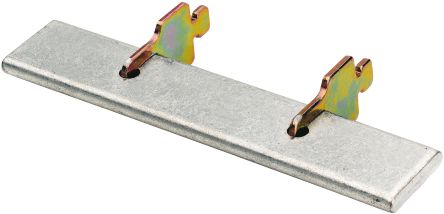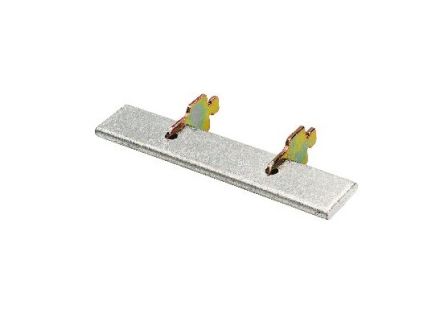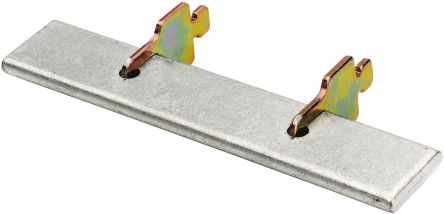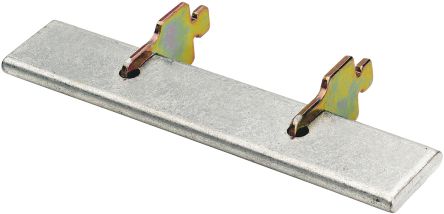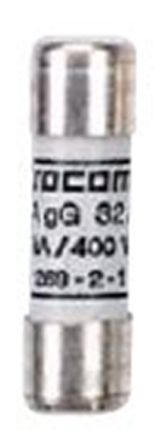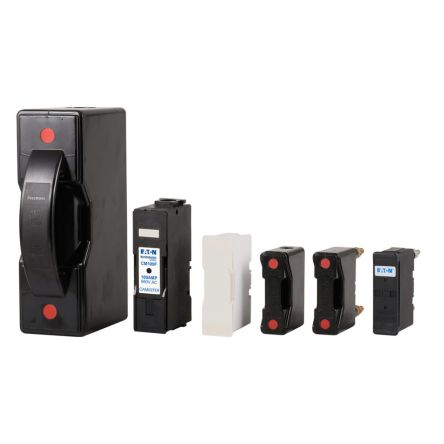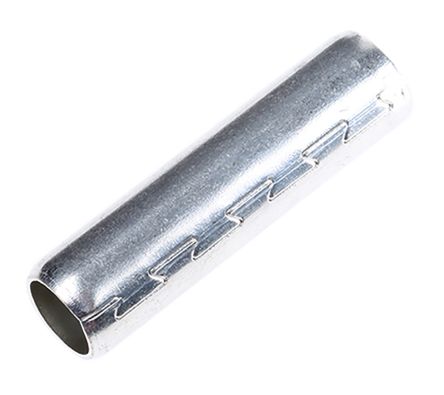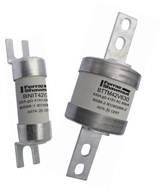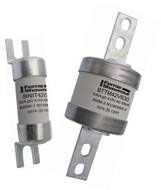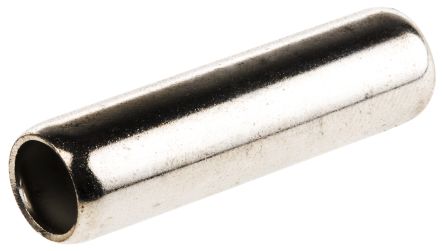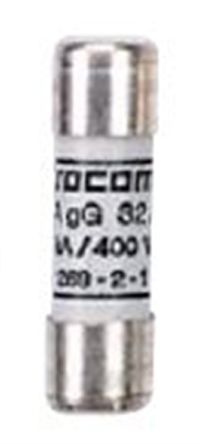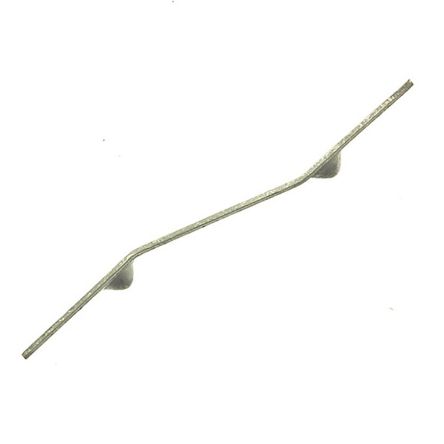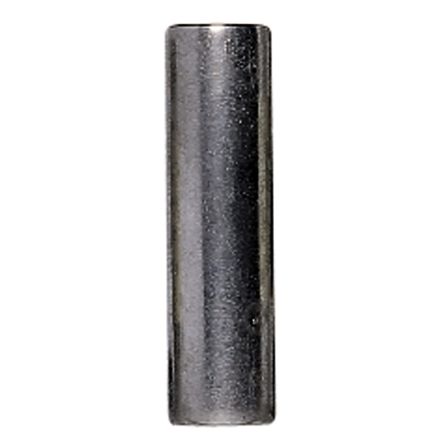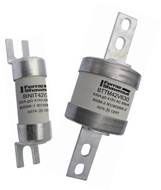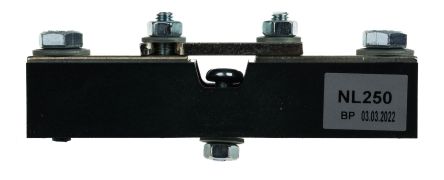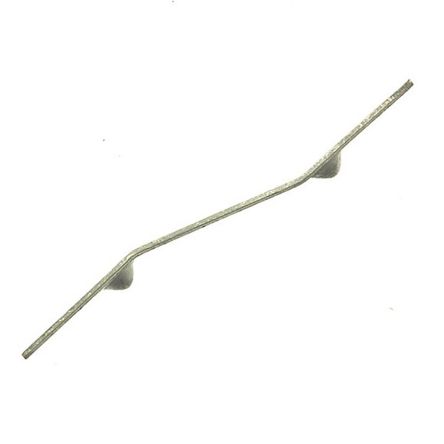- Automation & Control Gear
- Cables & Wires
- Enclosures & Server Racks
- Fuses & Circuit Breakers
- HVAC, Fans & Thermal Management
- Lighting
- Relays & Signal Conditioning
- Switches
- Batteries & Chargers
- Connectors
- Displays & Optoelectronics
- ESD Control, Cleanroom & PCB Prototyping
- Passive Components
- Power Supplies & Transformers
- Raspberry Pi, Arduino, ROCK, STEM Education & Development Tools
- Semiconductors
Neutral Links
Neutral links are small pieces of metal that act as the terminal in a circuit. They may be used in conjunction with one or more fuse holders, which allow the neutral link to sit next to live connections. The voltage at the point of the neutral link is zero, though they do still carry current. The current simply goes through the neutral link and then back to the source.
What are neutral links used for?
Neutral links are the terminating point of neutral wires in an electrical system. It is normally obligatory for wiring systems to contain one live wire, one neutral wire, and one grounding wire, so neutral links form an essential part of proper wiring.
Types of neutral links
Neutral links may vary depending on the number of neutral wires that need to be terminated, and the material they are made from. A neutral link used to terminate more than one wire or circuit may be called a neutral bar.
Neutral links tend to be made from aluminium, though in some countries brass neutral links are common.
relaterade länkar
- Roller Chain Links
- Socomec 1.25kA Neutral Link for Neutral Bar Fuses
- Socomec 630A Neutral Link for Neutral Bar Fuses
- Socomec 400A Neutral Link for Neutral Bar Fuses
- Socomec 315A Neutral Link for Neutral Bar Fuses
- Socomec 160A Neutral Link for Neutral Bar Fuses
- Socomec 160A Neutral Link
- 32A Neutral Link x 9mm
